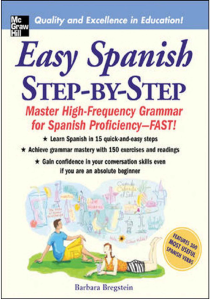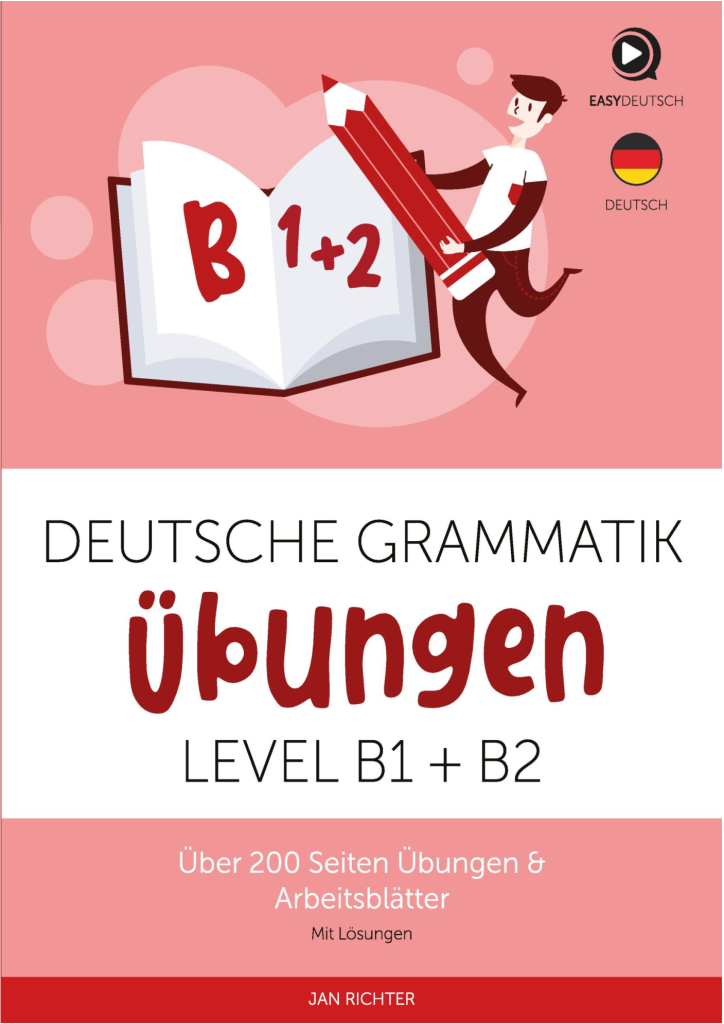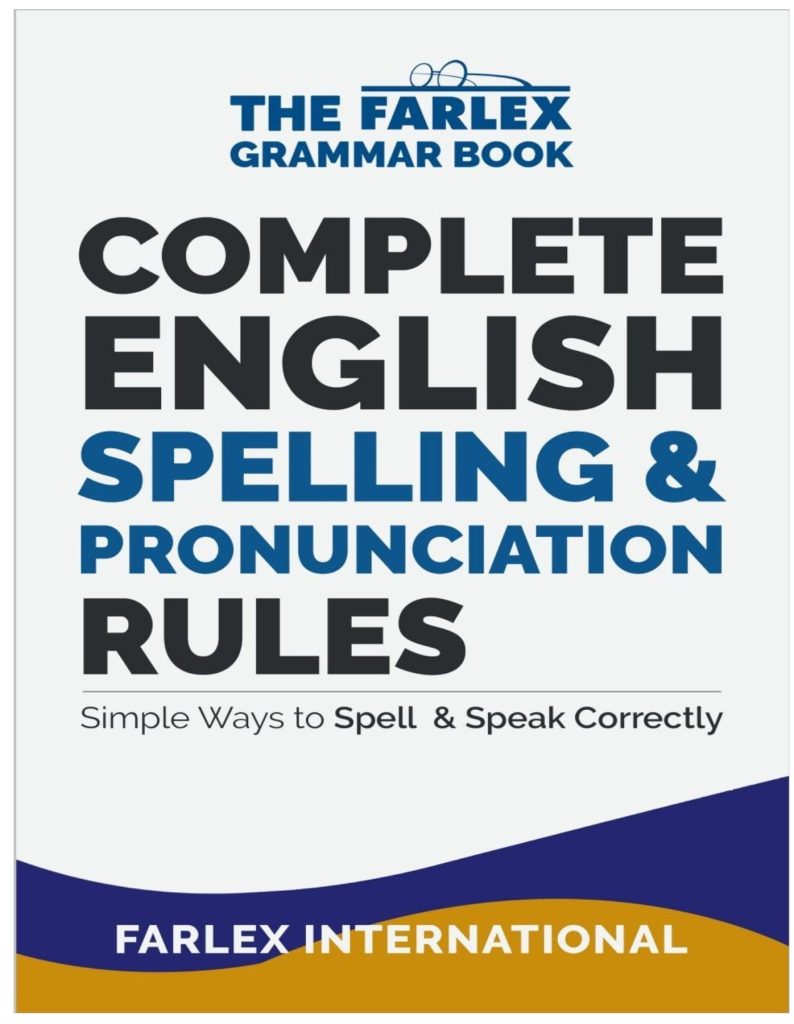Rank
Country
Population 2014/2015
Speakers (native)
Speakers (second)
1
Germany
81,083,600
74,430,000 (91.8%)
5,600,000 (6.9%)
2
Belgium
11,245,629
73,000 (0.6%)
2,472,746 (22%)
3
Austria
8,602,112
7,999,964 (93%)
516,000 (6%)
4
Switzerland
8,256,000
5,329,393 (64.6%)
395,000 (5%)




Thank you for your download, we hope you are satisfied with our software.
WhatsApp us
